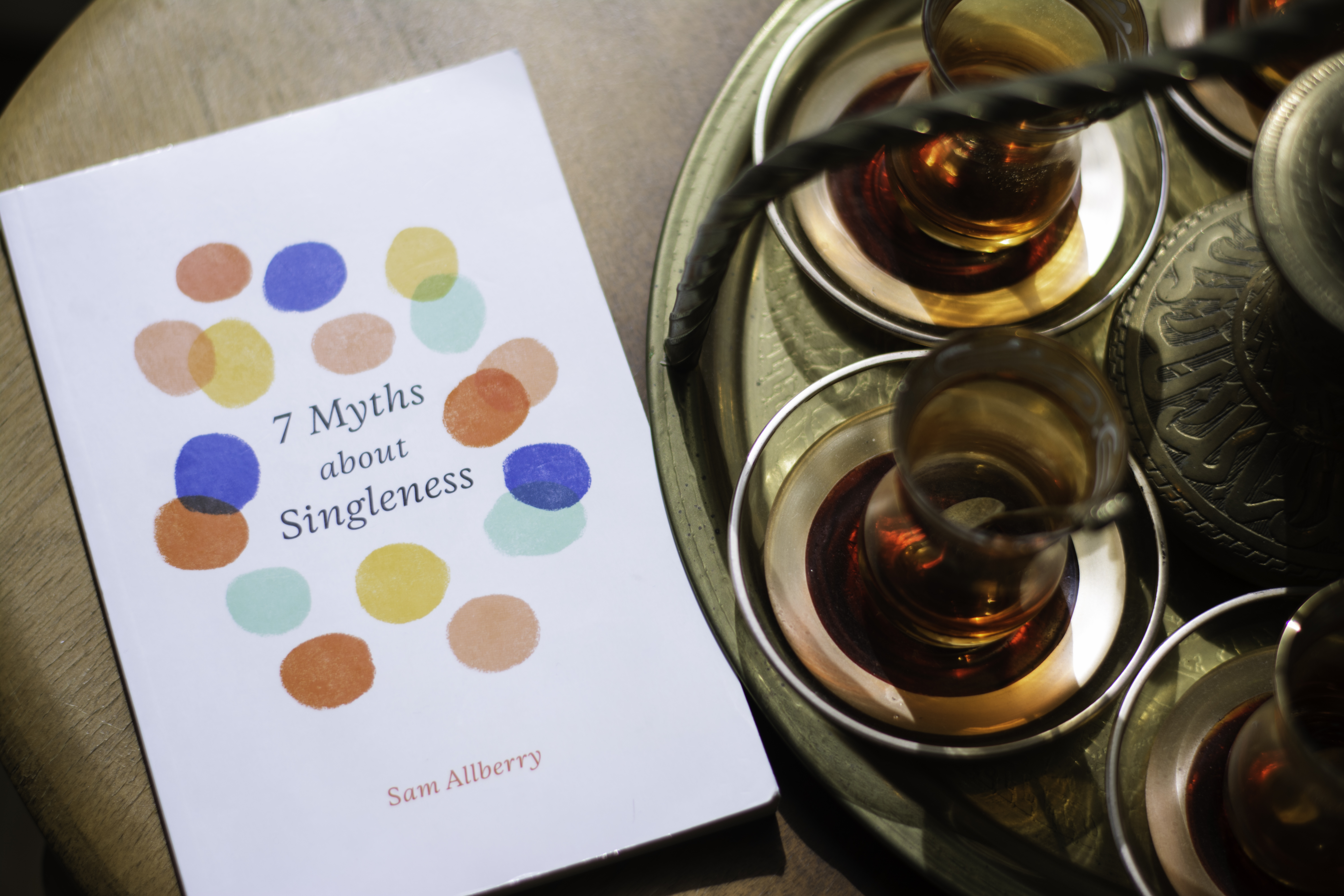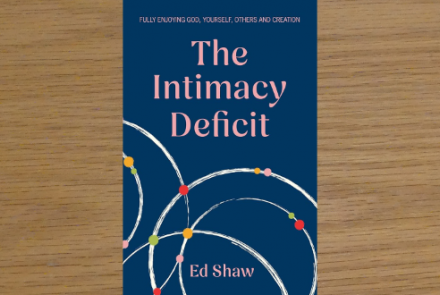Review: "Seven Myths about Singleness" By Sam Allberry
People who choose to live a life of singleness are as rare as unicorns – you’ve heard of them but you’re surprised when you actually meet one! At least, that’s Sam Allberry’s experience which he explores in his latest book 7 Myths about Singleness. As a single pastor living in the twenty-first century, he asks: ”Is it really possible to live happily content in a society and church culture that is in love with… well, love?” Doesn’t being single automatically mean you will be lonely for the rest of your life? If you don’t have sex, does that mean you are confined to a life without intimacy? Sam dispels these myths and many more in this very accessible, lucidly written book, which is relevant for all ages.
I think the main strength behind Sam’s writing is that he speaks from personal experience of living with same-sex attraction. Within the first chapter, he shares how living a celibate life as a gay man is so alien to our culture. The modern mind correlates the word ‘celibacy’ with a picture of a character found in Downton Abbey. In other words, celibacy smells of an old-fashioned lifestyle which has no place in society today.
Sam makes the compelling case that we need to break with this stereotype and that living for Jesus as a single person can not only be fulfilling but should be normalised. One of the most challenging paragraphs in the book serves as a wake-up call to the church which can often seem to elevate marriage whilst seeing singleness as a runner up prize. Sam writes:
In other words, Sam is saying to the culture we find ourselves in, “It’s not me, it’s you!”
The problem is not that choosing to be single is weird. Rather, it’s society’s perception of singleness that is upside down. If the founder of our faith was single, as well as Paul who wrote one third of the New Testament, then why is singleness seen as something we need to pity or to escape from?
I think Sam’s challenges are encouraging to TFT members, as the church can often organise events around preparing for marriage, sometimes forgetting people need space to talk about singleness too. It challenged me personally, for different reasons, to think of how I can support people who are single... Am I turning an event into an opportunity for single people to date each other or do I value the contribution single people can make regardless of their relationship status?
A key message of the book for me is that no man is an island; while it’s possible to live without marriage, we all need friendship. Sam questions the myth of the self-sustaining couple. Even if we have found that one person who is the closest to us, the reality is that one person cannot meet all our needs. True intimacy, he says, is found in a community of people where we can share what’s really going on in our lives that goes beyond the surface level: “A friend is not merely someone who knows your Facebook page. A friend is someone who knows your soul.” (p.58)
I have mixed feelings about his chapters on family. On one hand, I like the way Sam says singleness doesn’t mean you go without a family. In fact, you gain a new family when you come to know Jesus. He also shares on a practical level how his friends with children include him in their daily life, whether he’s reading their children bedtime stories, or being there on the school run. There’s also the ‘spiritual children’ single people can give more time to as they mentor new disciples in Christ.
However, I think he downplays the enormous grief many single and married people go through when they realise they cannot conceive their own children. For those who dream of having their own family, these chapters can come across as glossing over the real pain some people experience. Sam does briefly mention the pain of seeing his friend dance with his daughter – an experience he feels he will miss out on. But I think I would have found it more helpful if these reflections were developed further with practical ways we can give emotional support to those who are going through this same struggle.
Despite what I would see as this minor weakness in 7 Myths about Singleness, I have to give the book five stars for turning the tables on a subject that has been taboo for too long. I finished the book reminded of how singleness is an exciting alternative to marriage. It opens up doors to love God and love people more. Most of all, I felt empowered knowing I am not alone – Jesus has already walked the path I have and reminds me the gospel is good news for everyone whether you are single or married.
"Seven Myths about Singleness" by Sam Allberry
£10.99 paperback, £10.44 Kindle
176 pages
This book review was originally published in the Autumn 2019 edition of the TFT magazine, Ascend.






